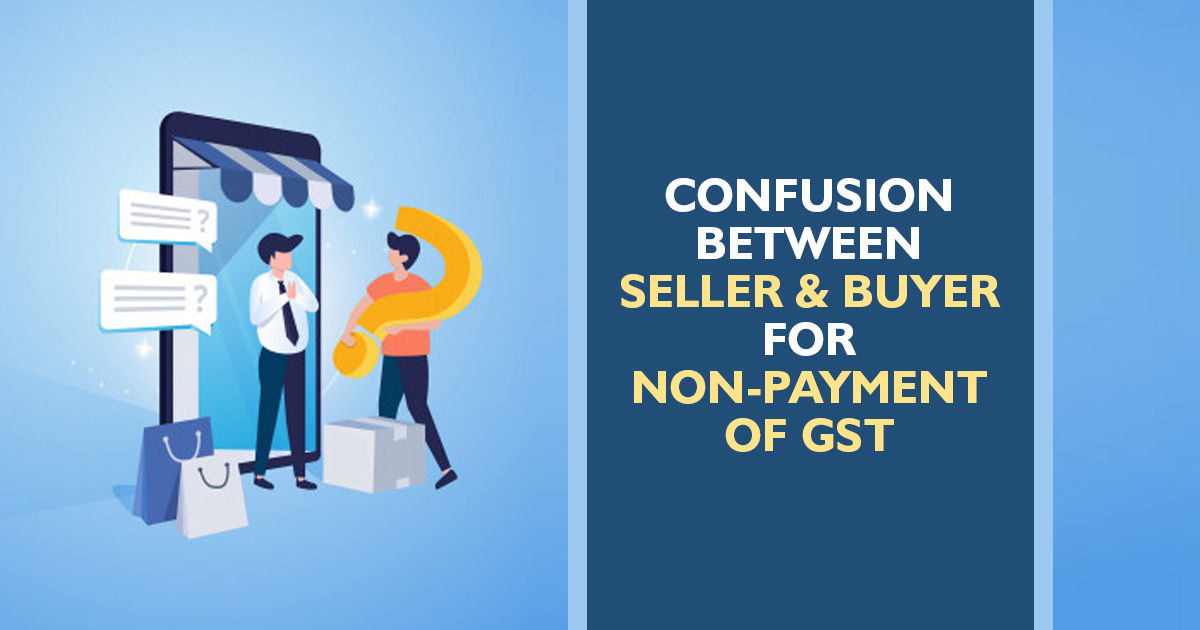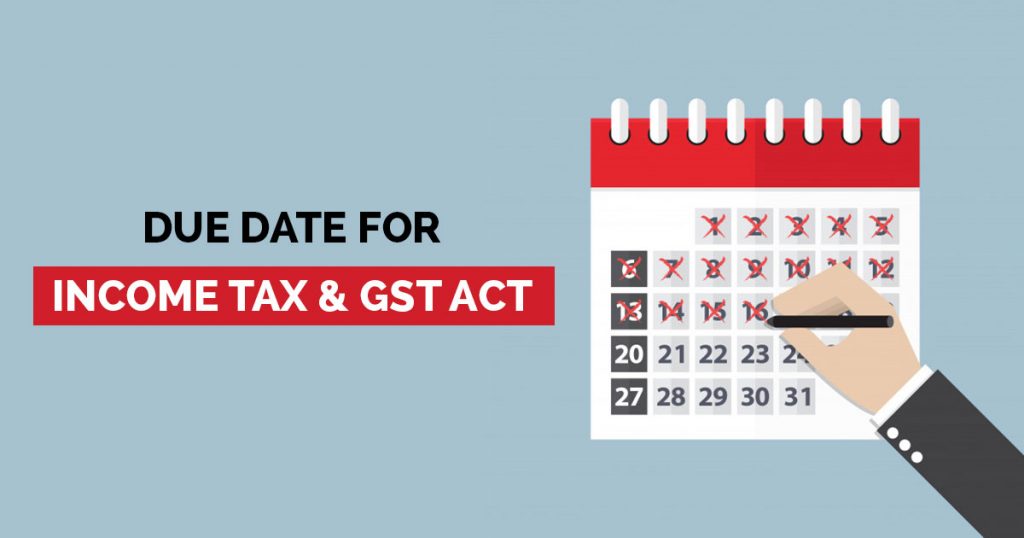
Inside the GST regime, one of the problems is if the credit can be refused to the purchaser of goods and services for the fault of the supplier for non-payment of taxes post to collecting the tax amount through the purchaser.
Important Provisions
Towards the ITC the major law is Section 16 of the CGST Act as it gives ITC eligibility and conditions for easy sailing of business. It is the 1st test for the future in the way of GST compliances 
According to Section 16(2)(c) of the CGST Act which states that the tax has been furnished to the Government as a state for demanding ITC by the buyer. ITC can be refused in which the supplier has not furnished the tax to the government.
Madras High Court Case
In recent times the Madras High Court in the case of M/s. D. Y. Beathel Enterprises v. the State Tax Officer in which the buyer has demanded ITC which relies upon the return furnished through the supplier but the supplier has unable to furnish the tax to the government, indeed the supplier has obtained the taxes via the purchaser. The investigation with respect to the buyer has executed by the council and said to the buyer that the ITC is not present as the tax has been furnished neither through the supplier nor through the purchaser or recipient. ITC under section 16(2) (c) is refused by the council. Moreover, the council has alleged that there is a lack of movement of goods so that the purchaser is not liable to avail of the ITC claim.
The council has passed the order asking for whole tax liability from the purchaser of goods and services.
Justice G.R. Swamynathan cancels the order asking for whole tax liability from the purchaser and remanded it back to the head for new adjudication.
- 1st: The court has urged that if the supplier has not furnished the tax then has the council executed the investigation towards the supplier.
- 2nd: if the supplier has not furnished the tax then does the council executed any initiatives for recovery with respect to the supplier.
The court has stated that as there was no investigation and no recovery done with respect to the supplier, thus the order has asked whole tax liability from the purchaser is in breach of the concept of natural justice.
Inside the case of Bharti Telemedia Ltd. and Union Of India & Ors. Delhi High Court besides providing the notices to the Centre managed that Input Tax credit (GST) shall not be refused to the recipient for default on a portion of the supplier.
The Madras High Court in the case of M/s. Shri Ranganathar Valves Private Limited v. Assistant Commissioner (CT), (FAC), Velandipalayam Assessment Circle, Coimbatore ruled that the tax obtained however the left unpaid to the taxes to the council through the seller shall not be sustained and needs reconsideration besides disposing the writ towards the restriction of the amount of claimed ITC.
Pre GST System
In the Value Added Tax (VAT) regime different high courts and apex courts ruled that if the seller has not furnished the tax, credit shall not be refused to the buyer towards the cases in which the transactions are real that is excluding any purpose to sell.
Delhi high court under Section 9(2)(g) of Delhi VAT Act has refused Input tax credit (ITC) to the buyer due to the default of selling the dealer in furnishing the tax as it is disobeyed of Articles 14 and 19(1)(g) of the Constitution of India towards the case of Arise India Limited and others Vs. Commissioner of Trade & Taxes, Delhi.
Conclusion
Hence it is presumed that the council shall not be asked any type of tax liability from the buyer of goods and service for the fault of the supplier except the investigation and recovery proceedings are begun upon the defaulting supplier.